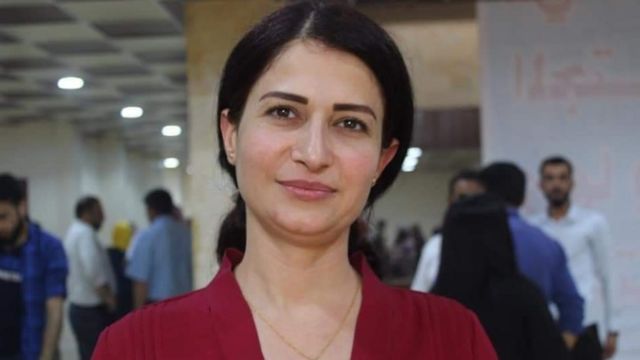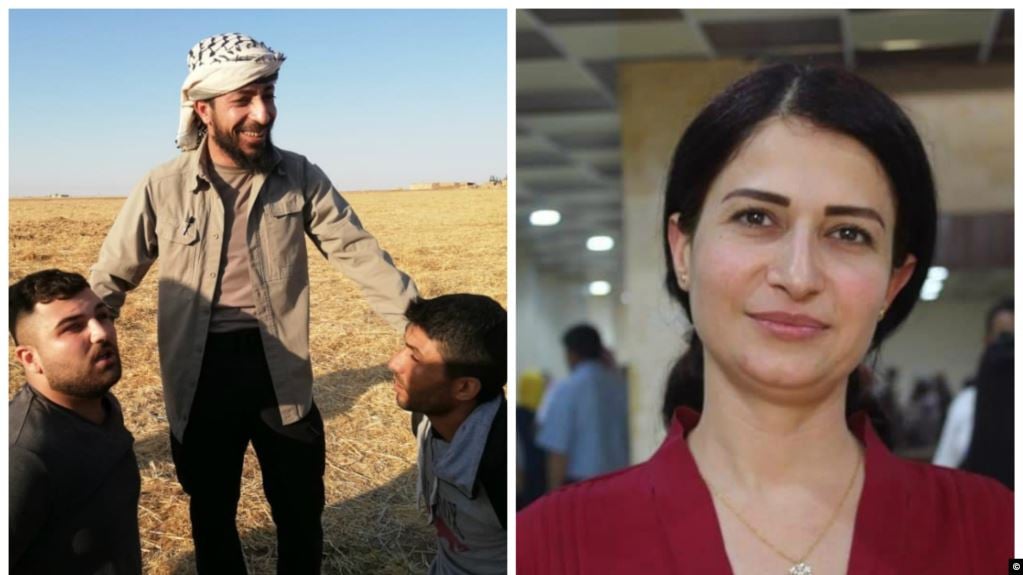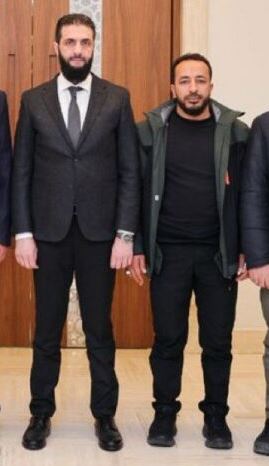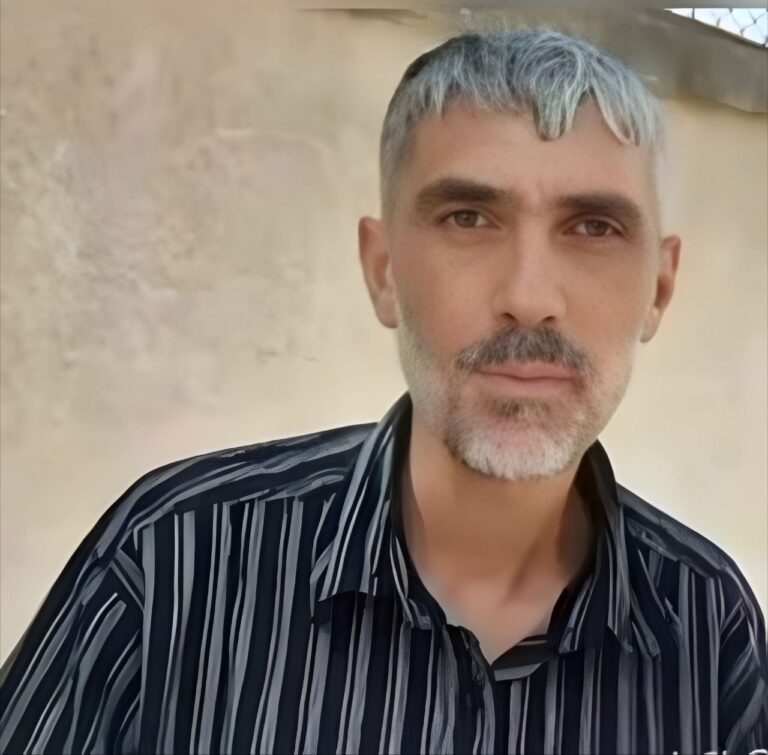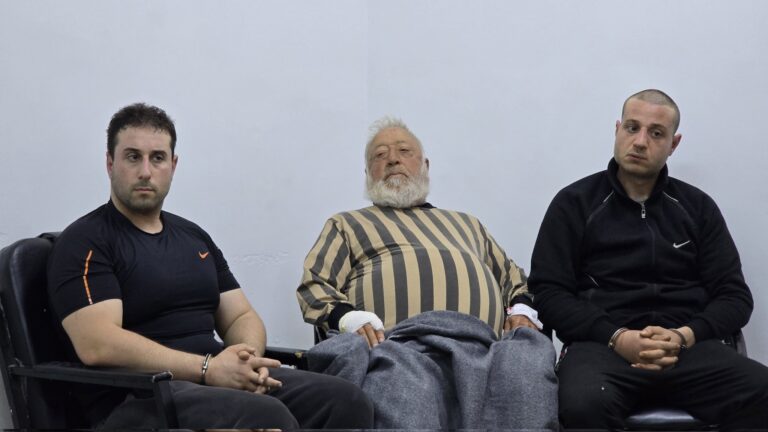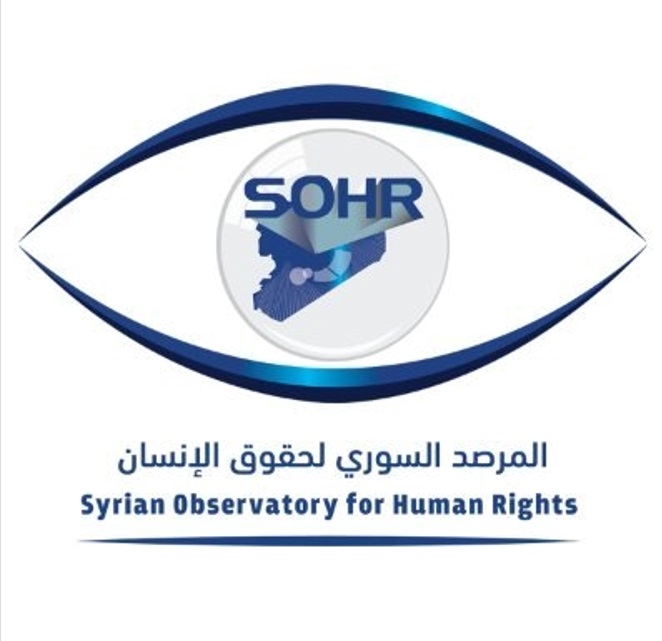1. Introduction
On this day six years ago, the world was shaken by the brutal assassination of Kurdish politician Hevrin Khalaf, Secretary-General of the Future Syria Party, at the hands of members of the Ahrar al-Sharqiya faction, a group backed by Turkey, during a military operation in northern Syria on October 12, 2019.
The video documenting the incident revealed a shocking level of violence—an egregious violation of international humanitarian law and the principles of human rights.
Despite international condemnation and sanctions imposed on those involved, the following years witnessed a tragic irony: one of the main suspects in the crime, Ahmad Ihsan Fayadh al-Hayes (known as Abu Hatim Shakra), was rewarded with an official military position within the Damascus government.
This act entrenched a culture of impunity and stood as an insult to both the victims’ memory and to the concept of justice itself.
2. Background of the Crime and Documented Violations
2.1 The Assassination
Date and Place: October 12, 2019, on the M4 International Highway, northern Syria.
Perpetrators: Members of the Ahrar al-Sharqiya faction, part of the so-called “Syrian National Army,” backed by the Turkish government.
Victim: Hevrin Khalaf (1984–2019), Kurdish politician and Secretary-General of the Future Syria Party, known for her advocacy of dialogue and coexistence among Syria’s diverse communities.
2.2 Legal Characterization
According to international law, the crime constitutes:
A flagrant violation of Common Article 3 of the 1949 Geneva Conventions, which prohibits extrajudicial killings of civilians.
A war crime under Article 8(2)(c) of the Rome Statute of the International Criminal Court, as it targeted a person not taking part in hostilities.
It may also rise to the level of a crime against humanity if considered part of a systematic pattern of political assassinations.
3. International Sanctions on the Perpetrators
In July 2021, the U.S. Department of the Treasury sanctioned Ahrar al-Sharqiya and its leadership, including:
Ahmad Ihsan Fayadh al-Hayes (Abu Hatim Shakra) – faction leader.
Raed Jasim al-Hayes (Abu Jaafar Shakra) – military commander of the faction.
The Treasury statement noted that Abu Hatim Shakra was directly involved in serious human rights abuses, including:
Trafficking of Yazidi women and children.
Integrating former ISIS fighters into the faction’s ranks.
Carrying out killings, torture, arbitrary detentions, and looting civilians’ property.
4. From Sanction to Reward: Official Appointment in Damascus
Despite these documented crimes and sanctions, in 2025, Abu Hatim Shakra was appointed commander of the “86th Division” of the Syrian Ministry of Defense, covering the northeastern regions of Deir ez-Zor, Raqqa, and Hasakah.
The decision sparked widespread outrage.
Farhad Shami, spokesperson for the Syrian Democratic Forces (SDF), described it as:
“A negative and unacceptable step that taints Syrian state institutions and rewards a criminal who belongs behind bars.”
Activists similarly viewed the appointment as an official legitimization of the crime, confirming the Syrian government’s lack of political will to pursue human rights violators.
5. Ongoing Violations by Ahrar al-Sharqiya
According to documented human rights reports, the faction has been responsible for:
Arrest and torture campaigns against civilians and dissidents.
Confiscation of private property and preventing displaced people from returning home.
Operating secret detention centers outside Aleppo.
Overseeing summary executions and other crimes against civilians.
These acts represent serious violations of international humanitarian law and demonstrate a systematic pattern of unlawful violence.
6. Civil and Political Reactions
On the sixth anniversary of her assassination, the Future Syria Party organized a festival titled “Hevrin for Peace” in the city of Raqqa, where party leader Kawthar Doko stated:
“Those who killed Hevrin now sit in high positions within what is called the transitional government of Damascus—a continuation of a mentality that sees women as a threat and freedom as an enemy.”
This statement reflects the persistence of impunity and the marginalization of transitional justice in Syria, especially concerning crimes targeting female politicians and civilians.
7. Recommendations
Based on verified facts and human rights sources, this report recommends the following:
To the United Nations and international mechanisms:
Launch an independent international investigation into Hevrin Khalaf’s assassination and all documented crimes attributed to Ahrar al-Sharqiya.
Activate universal jurisdiction to prosecute the perpetrators wherever they may be found.
Expand international sanctions to include any government entity granting official positions to sanctioned individuals.
To the Syrian Government:
Immediately revoke Abu Hatim Shakra’s appointment to any official position.
Hand over suspects to justice in accordance with international standards.
Establish accountability and transitional justice mechanisms to prevent the recurrence of such crimes.
To Syrian civil society and human rights organizations:
Conduct further documentation of violations and submit comprehensive files to UN bodies.
Support victims’ families and honor the memory of Hevrin Khalaf as a symbol of peace and justice.
8. Conclusion
Six years after the assassination of Hevrin Khalaf, justice has yet to be served.
The honoring and official appointment of her killer reflect a dangerous moral and judicial decline in Syria—sending the alarming message that crime may be rewarded instead of punished.
Yet hope remains that the Syrian collective memory will preserve this crime as one of the darkest chapters that cannot be overcome without genuine accountability and reconciliation—one that restores dignity to the victims and reclaims the true meaning of justice.
المقالة بالعربية: في الذكرى السادسة لاغتيال السياسية الكردية هفرين خلف.. قاتلها يُكرّم من قبل سلطة دمشق

